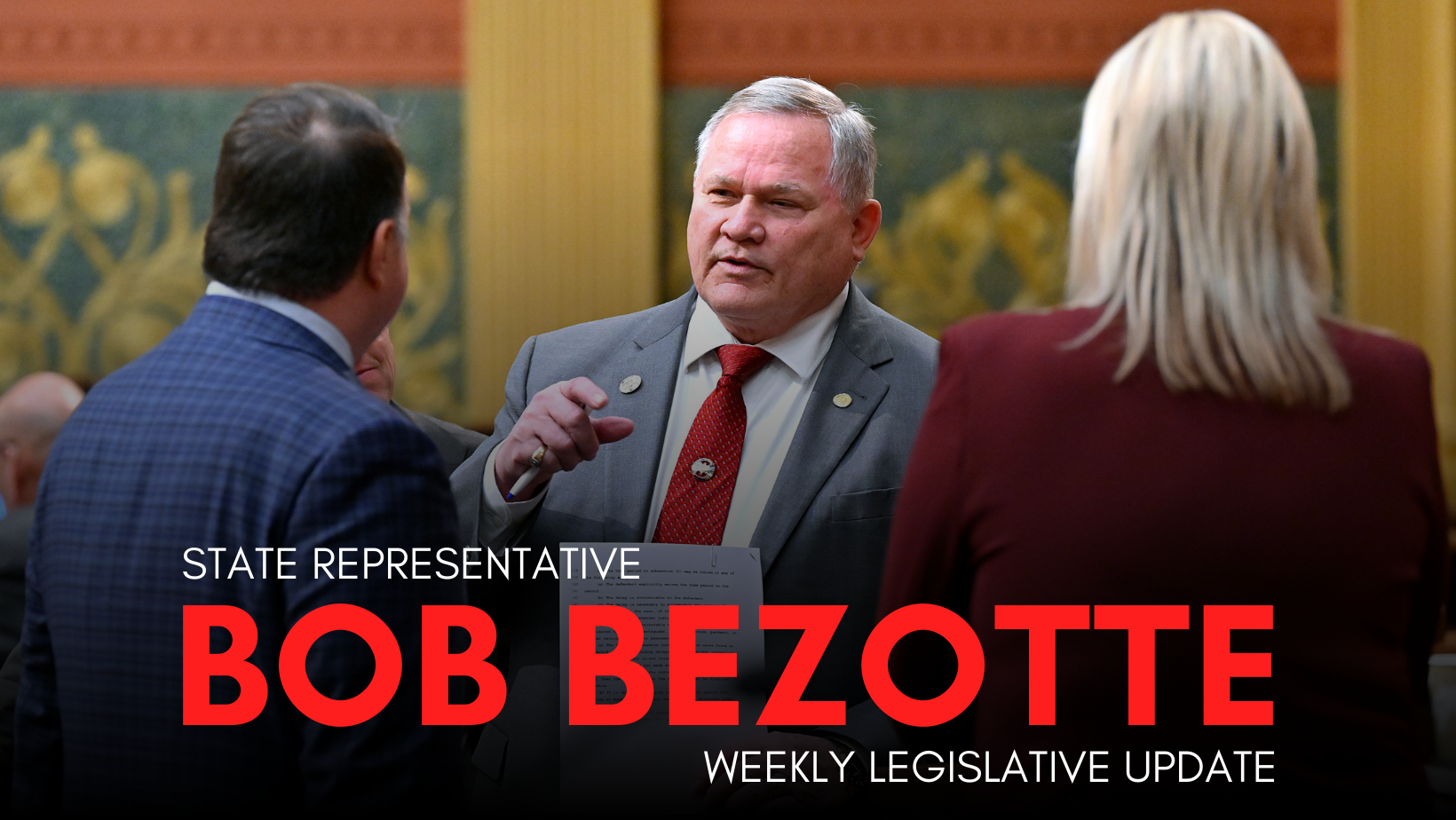


I’ve got good news to report: the bipartisan veterans mental health bills I’ve been working on got voted out of committee, meaning they are one step closer to getting approved. The next step is a vote on the House floor, which I anticipate will happen in the near future.
These bills are personally important to me because I know first-hand how combat changes a person. And I also know what it’s like to get back home after serving in a war to suddenly find yourself totally on your own to deal with the consequences.
I think we as a country understand the problem a lot better now than we did after Vietnam. Today, most everyone knows about PTSD, and the stigma isn’t there the same way it once was.
But for someone going through it, there is almost always a feeling of being ashamed. It’s confusing, and it’s isolating. Those factors make it even harder to get help, even though a person who suffers a physical injury wouldn’t think twice about seeing a doctor or getting physical therapy.
Today, there are mental health screenings when active-duty members leave military service, but as a colleague of mine who served in Iraq testified, sometimes service members aren’t truthful during those screenings because they just want to go home, and giving honest answers about how you are feeling can stand in the way of that.
That’s why my bill is important. My bill provides a self-assessment that veterans can take on their own, at home, in private. It’s optional – no one is forcing you to do it – and it’s anonymous. It’s a tool that veterans of any age can use to see how they are doing, no matter how long they’ve been out of uniform.
Realistically, if you feel the need to take the assessment, you probably already know that something is wrong, but admitting that to yourself is a hurdle, and a barrier to getting help. Taking the assessment unlocks more resources that you can use if you decide that you want to take that next step.
A couple of weeks ago, I wrote about why I started talking publicly for the first time about my own experience getting home from Vietnam, and it was kind of shocking to realize that in the more than 50 years since I’ve been back, I really only talked with my family about the experience maybe about a dozen times.
I think a lot of guys from our era are like that. That’s why the privacy aspect is so important.
The rest of the bills in the package focus on providing those extra resources and setting up a better support network for veterans. I’m hopeful and optimistic that we’re going to get this done.
On a related note: There are approximately 12,000 veterans in Livingston County, and we have a millage specifically to help fund programs for veterans. Not every county has that; the citizens of Livingston have really stepped up. Thank you to everyone who supported the millage and who pays more taxes to support our veterans.
*****
State offices will be closed on Wednesday, June 19 for the Juneteenth holiday. It’s the second year we’ve celebrated Juneteenth here in Michigan as an official state holiday. Juneteenth marks the day that the last of the slaves received word that they were free following the end of the Civil War.

© 2009 - 2024 Michigan House Republicans. All Rights Reserved.
This site is protected by reCAPTCHA and the Google Privacy Policy and Terms of Service apply.